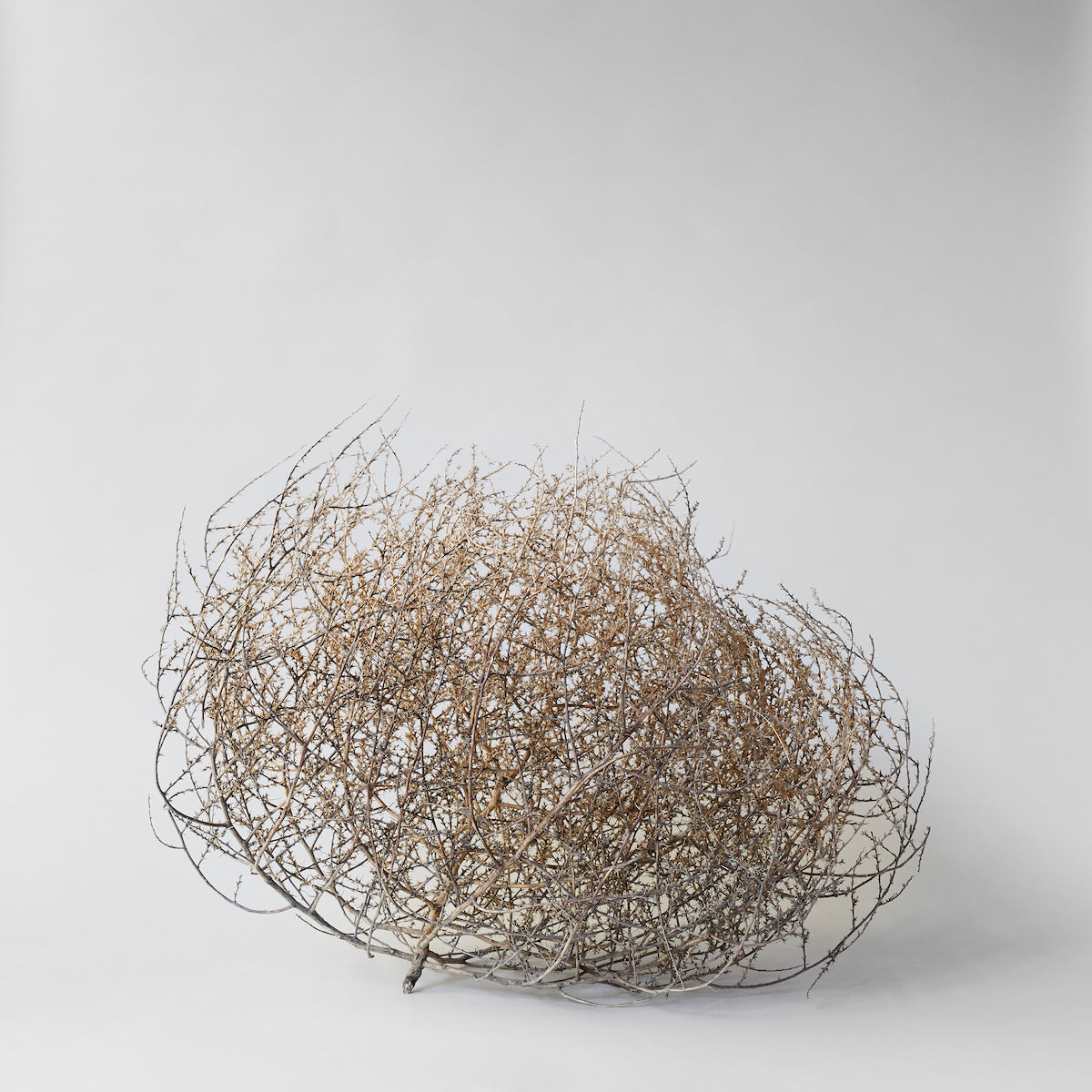Gifting has never been easier
Perfect if you're short on time or are unable to deliver your gift yourself. Enter your message and select when to send it.
Story by Diana Keeler / Photography by Mark Maya and Bright Black

Tiffany Griffin and her husband/business partner, Dariel Heron are on a mission. Using candles as a platform and scent as a medium they started Bright Black to honor and represent the Black Diaspora, and to help create a world where their daughter Elena has positive representations of people who look like her.

Just as Bright Black founder Tiffany Griffin has a mission, her KOI candle has a namesake: Christopher Koi Fonville, who was 28 years old when he died last year, a victim of gun violence in Springfield, MA — and Griffin’s much-loved cousin. Proceeds from sales of KOI support the 100 Males to College organization, an effort by the Massachusetts Department of Higher Education meant to help low-income students and students of color succeed in college.
“I’m inherently a systems thinker by heart, so when I contemplated the root causes of why Chris tragically passed away, I realized it wasn't the guns per se that were the root cause of the problem,” says Griffin, whose professional background is in government and public policy, with a PhD in Social Psychology from The University of Michigan. “In my opinion, part of the root cause was living in a context in which your options are constrained by intergenerational trauma and all that comes along with poverty."

"I wanted our donation to highlight these root causes, and not merely the symptoms of gun violence. I was taken with 100 Males to College in particular because they were Springfield-centric, because they were specifically working with males — who have unique challenges — and because they were focused on education, a clear — albeit, not perfect — pathway out of the dynamics that reinforce poverty and gun violence. I thought, ‘If Chris had been in a program like this, he probably would be alive today.’”
– Tiffany Griffin

That sense of mission is inherent in all of the Bright Black candles, including the sold-out Diaspora Collection, which includes scents inspired by destinations in Ethiopia, France, Jamaica, and Brazil — as well as Durham, North Carolina, where Griffin lives now with her Kingston, Jamaica-born husband, Dariel. (“Durham is also a city of great historical importance in the U.S. — for instance, being home to the first Black Wall Street in the country,” she says.)
“The intention wasn't to be comprehensive, by any means, but instead, to hone in on a few places that held special significance to us, and to use these places as jumping off points for broader conversations about the beauty and brilliance of Blackness,” says Griffin.
Candles are inspired by destinations in Ethiopia, France, Jamaica, Brazil, and Durham, N.C. where Tiffany lives.
– Tiffany Griffin
Of course, the past year has seen a new and expanded national dialogue on Blackness — a dialogue that has been at times turbulent, productive, revealing, revelatory, dismaying. As we celebrate Black History Month, Griffin says she believes that the wider understanding of the “the beauty and brilliance of Blackness” is here to stay — both during Black History Month … and in the other 11 months, as well. “I don't tend to be a very dichotomous thinker — I live in the both/and, and I relish in the grey spaces,” she says. “I absolutely do not think we've outgrown celebrating Black History Month and I think that Black businesses should be highlighted and celebrated year-round.”

Bright Black founder Tiffany Griffin pictured with her husband/business partner Dariel Heron and their daughter, Elena
She’s hopeful for better in the more enlightened years that will follow this tumultuous time: “I think what 2020 showed us is that there's a growing consciousness around the direct linkages between economic justice and racial justice, and there's a growing consciousness around mindful consumption,” she says. “We live in a society where we need to consume to exist, to persist, to subsist. Given that reality, how can we do so in ways that align with our values, how can we consume with organizations that give back, treat people fairly, that truly embody strong values 365 days a year, not just for cutesy marketing campaigns? I think people are really craving this right now. I think it's a beautiful movement that will, hopefully, lead to more equality and equity over time.”
Your Shopping Cart is Empty
Browse our latest collection or check your saved favorites to add more items to your cart.






Manage your profile, track your orders, and enjoy a seamless shopping journey with us.